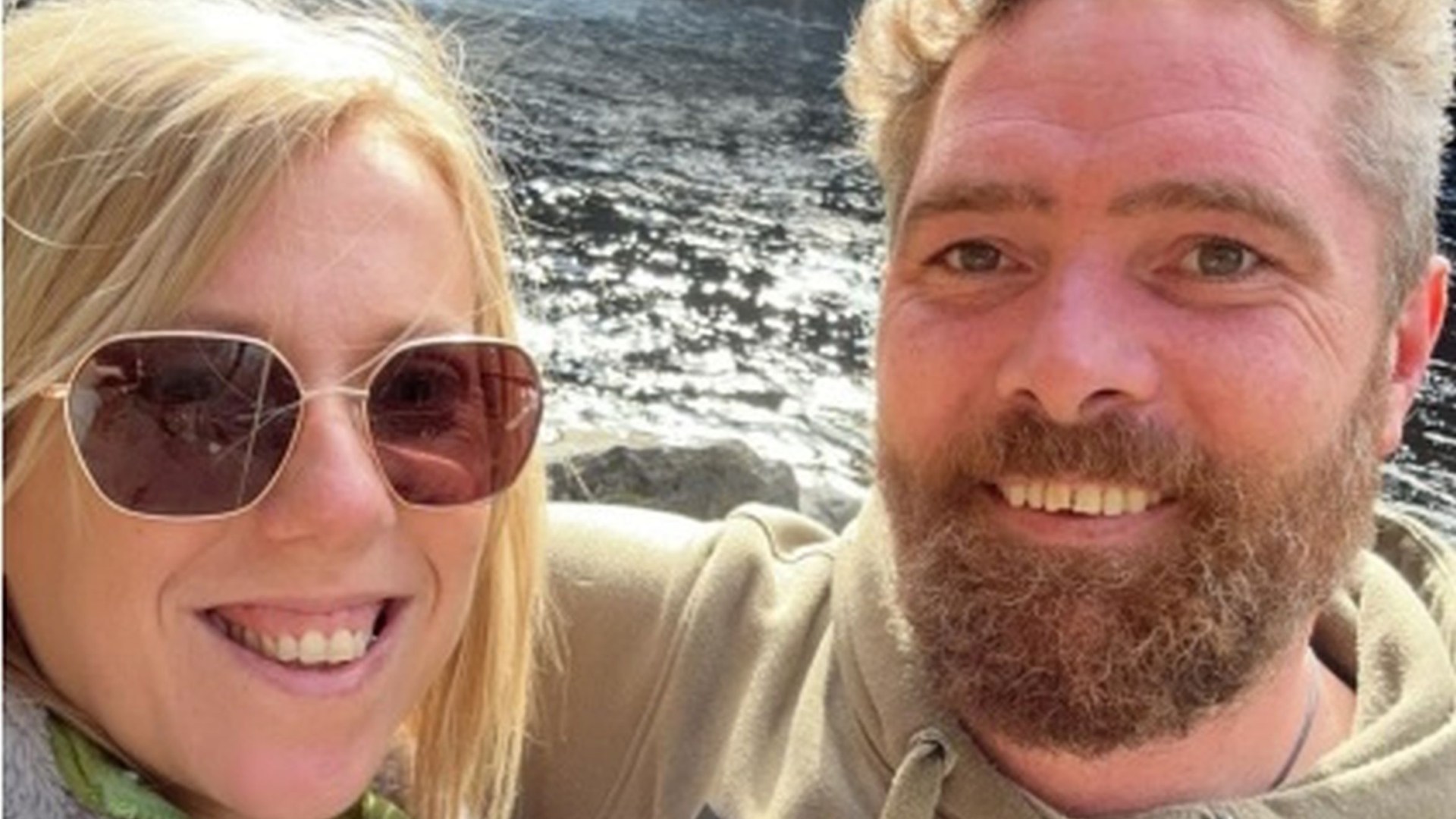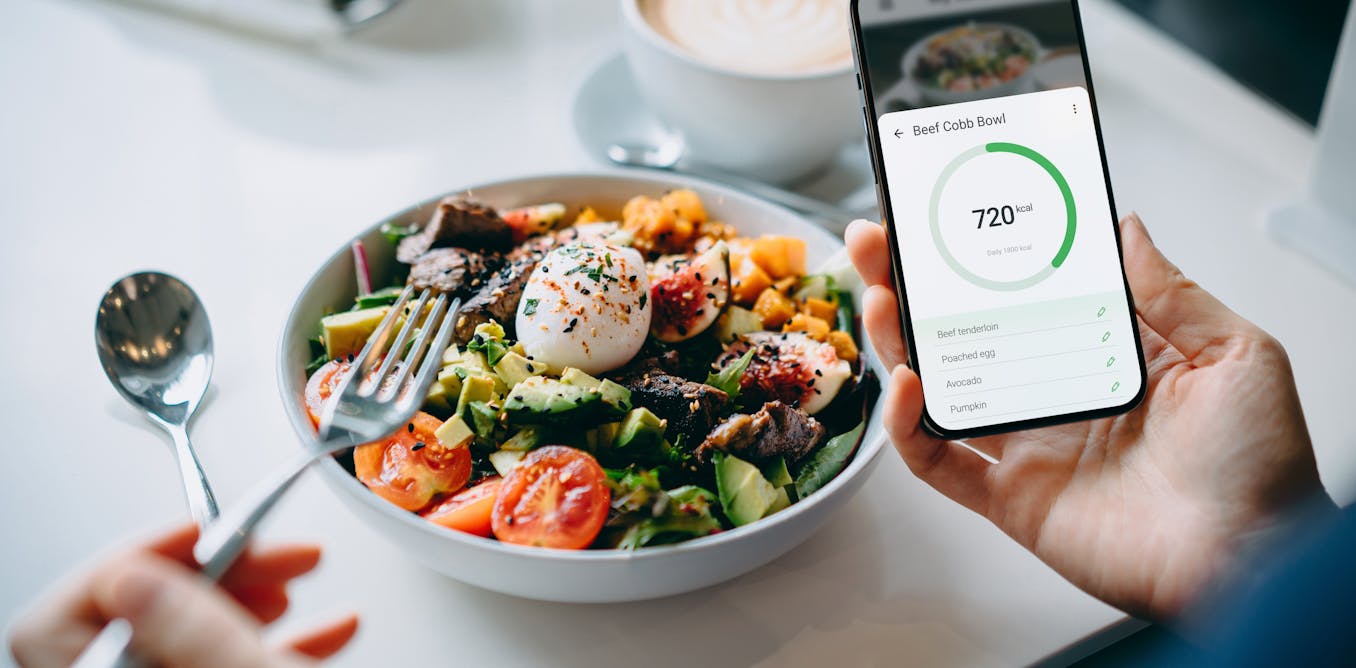A FIRST-time mum tragically died 30 minutes after giving birth to twin boys.
Rachael Galloway was “happy, proud and full of love” in the moments after Noah and Abel Galloway Whittaker were born on August 1, with tears in her eyes as she gazed at her two boys.
6

6

6
However, Rachel tragically suffered complications after undergoing a caesarean and passed away shortly afterwards.
The 36-year-old business owner, who got engaged to Matt Whittaker just one week earlier, was excited to become a mum and was eagerly planning her wedding – with plans to have the boys as part of the ceremony.
But the couple’s joy was tragically cut short when Rachael, who lived in Carnforth, Lancashire, died at Royal Lancaster Infirmary despite doctors’ best efforts.
Devastated Matt, 36, is now caring for his twin sons while planning Rachael’s funeral, which will be held on September 6.
Matt, from Carnforth, Lancashire, said: “She died bringing beauty into the world, bringing the boys into the world.
“She was the best thing that ever happened to me.
“On the Friday we got engaged we ate our meal and I remember sitting there saying to Rachael, ‘can you believe that this is our life? Life really couldn’t get any better’.
“[On the day of the c-section] Rach was a star. Though she was nervous as hell she was strong as hell and kept a brave face throughout, right until the boys were born.
“Then there were tears of joy, seeing them, knowing they were healthy, and seeing me give Noah his first feed.
“She was so happy, so proud, so full of love. She had the world in her eyes when she looked at our boys.
“It’s a shame that was the last time she cast her eyes on them, but I hope she is still watching over them.
“It wasn’t just her that died on that table that day, a piece of me did too and I will never get it back.
“But I won’t let the legacy and the dreams she had for our boys die too. We have had to say goodbye to too much, and I will not let us lose any more.”

6

6
A caesarean section, or C-section, is an operation to deliver babies through a cut made in the tummy and womb.
Around one in four pregnant women in the UK have a caesarean birth, according to the NHS.
A caesarean may be recommended as a planned procedure or done in an emergency if it’s thought a vaginal birth is too risky.
It’s generally a safe procedure, but carries certain risks like any surgery.
Possible complications may include infection of the cut made during surgery, blood clots or excessive bleeding.
Mum ‘made people around her better’
Matt said: “Rachael was the best person I ever met, she made the world a better place.
“Not just because she was smart, funny, driven, beautiful, caring, patient, and so many other things, but because she made the people around her better.
“She saw and brought out the best in people and I’m living proof that she could see what nobody else could.
“It’s now my responsibility to be the man she saw and thought should start a family with her.
“I have to make her proud and ensure our boys grow up to be the gentlemen she would have been proud of.”
Family friend Emma Jones set up a GoFundMe page to raise cash for Matt and the boys, which currently stands at £19,888.
The 35-year-old lettings manager described the loss of Rachael as devastating and said the family is ‘devastated and absolutely broken’ by it.
What are the risks of C-sections?
A caesarean is generally a very safe procedure, but like any type of surgery it carries a certain amount of risk
Some of these include:
- Infection of the wound (common) – causing redness, swelling, increasing pain and discharge from the wound
- Infection of the womb lining (common) – symptoms include a fever, tummy pain, abnormal vaginal discharge and heavy vaginal bleeding
- Excessive bleeding (uncommon) – this may require a blood transfusion in severe cases, or possibly further surgery to stop the bleeding
- Deep vein thrombosis (rare) – a blood clot in your leg, which can cause pain and swelling, and could be very dangerous if it travels to the lungs (pulmonary embolism)
- Damage to your bladder or the tubes that connect the kidneys and bladder (rare) – this may require further surgery
Women are now given antibiotics before having a caesarean, which should mean infections become much less common.
A caesarean may be carried out because:
- Your baby is in the breech position (feet first) and your doctor or midwife has been unable to turn them by applying gentle pressure to your tummy, or you’d prefer they did not try this
- You have a low-lying placenta
- You have pregnancy-related high blood pressure
- You have certain infections, such as a first genital herpes infection occurring late in pregnancy or untreated HIV
- Your baby is not getting enough oxygen and nutrients – sometimes this may mean the baby needs to be delivered immediately
- Your labour is not progressing or there’s excessive vaginal bleeding
Source: NHS
Emma, from Bingley, West Yorkshire, said: “She was really excited about becoming a mum. She also got engaged the day after her birthday, she was finally getting her happy ever after.
“Before I went on holiday I gave her a hug and said ‘the next time I see you you’re going to be a mummy to two beautiful boys’.
“That’s the last thing I said to her. I was so excited for her, I couldn’t believe the next time I’d see her she’d be a mum.
“She was the best friend I’ve ever had, I can’t believe we’ve lost her.
“Her fiancé and family are devastated, they’re absolutely broken. Poor Matt has been left with these two beautiful babies and he’s having to be a dad to them while grieving his partner.
“I believe it happened within half an hour of the boys being delivered.”
Sue Stansfield, Interim Director of Midwifery, UHMBT, said: “To lose a loved one is tragic, and our heartfelt condolences go out all family and friends affected by this sad loss.
“As we are in the process of carrying out an internal review and there is an ongoing Coroner’s investigation, we can’t comment further at this stage – except to say we will continue to support the family and colleagues involved.”
You can donate to the GoFundMe here.

6




